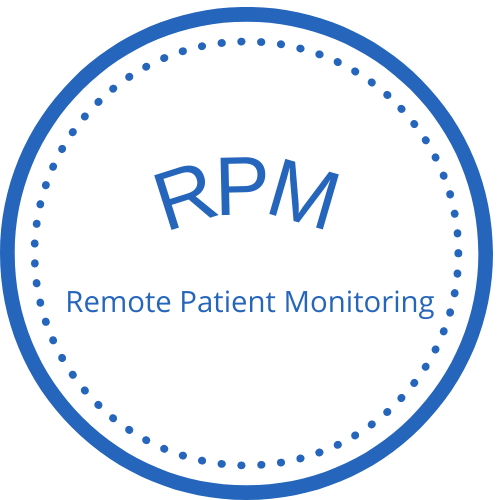- Homeland Security: new COVID prophylaxis treatment - December 16, 2020
- Chronic back pain: sick and tired - December 16, 2020
- Gut Health: You are what you eat - December 16, 2020
Did you know we should spend 1/3 of our lives asleep? Not only that, but sleep debt accumulates, and must be repaid. Here are some tips to get restful, consistent sleep.
- Quit caffeine entirely. It’s the #1 consumed drug in the world and stays in your system for 10 hours. Reach for decaf options; you’ll struggle the first two weeks, but the results feel remarkable.Do not eat within 2 hours of going to bed
- Do not eat within 2 hours of going to bed. Food is energy, consuming sugar late at night wakes you up, and inevitably gets converted into fat and stored.
- Avoid screens 1-2 hours before bedtime. While satisfying to scroll through our phones mindlessly, our brains interpret the bright lights of screens as daytime, inhibiting the secretion of sleep inducing hormones such as melatonin.
- Use the bedroom for sleep and sex only. Do not work, study, etc in bed. The subconscious mind works in mysterious ways – train it to understand that when you’re in bed, it’s time to sleep.
- Have a winding down routine 1 hour before bed. If you’re a work-a-holic, close the laptop and rest the mind a bit. Laying down while your mind is still racing and processing the day prevents you from relaxing, and thus sleeping.
- Create a quiet, dark, cool atmosphere, if possible. Use black out curtains, eye covers, and ear plugs as needed. Our bodies naturally sleep better in cooler temperatures. If you sleep with a loud partner who snores or with animals, the slight disturbances can jar you out of certain sleep cycles. You may not completely wake up, but this is detrimental to getting restful sleep.
- Alcohol destroys your sleep. It’s necessary to progress slowly from sleep cycles into REM sleep, but alcohol jumps our minds straight into REM, which prevents us entirely from getting restful sleep. If you must drink, do so several hours before bed, and finish the evening with water (remember no caffeine).
- MANY medications prevent restful sleep; consult your doctor to review your med list. Sleeping aids can be beneficial in the short term, but longterm, become addictive, such as benzodiazepines (Xanax, Klonopin, Ativan) and Z-drugs (Ambien). I’ve encountered patients who unfortunately have taken these drugs for 15+ years. Truly, try to avoid this. You’ll be addicted for life – weaning is a painful process. You may never be able to sleep organically again.
Watch video for the rest of the answers and a BIG NO-NO!!
Happy sleeping!
Danielle Kelvas, MD
FREQUENTLY ASKED QUESTIONS ABOUT SLEEP HYGIENE?
| sleep hygiene |
| poor sleep hygiene |
| sleep hygiene pdf |
| sleep hygiene tips |
| good sleep hygiene |
| sleep hygiene techniques |
| sleep hygiene poster |
| inadequate sleep hygiene |
| sleep hygiene wikipedia |
| sleep hygiene checklist |
| sleep hygiene ppt |
| what is sleep hygiene |
| personal hygiene sleep |
| “* sleep hygiene” |
| adolescent sleep hygiene scale |
| sleep hygiene rules |
| sleep hygiene definition |
| sleep hygiene research articles |
| sleep hygiene hindi |
| “sleep hygiene” |
| sleep hygiene measures |
| what is sleep hygiene? |
| importance of sleep hygiene |
| sleep hygiene guidelines |
| sleep hygiene index |
| sleep hygiene handout |
| sleep hygiene meaning |
| sleep hygiene strategies |
| bad sleep hygiene |



